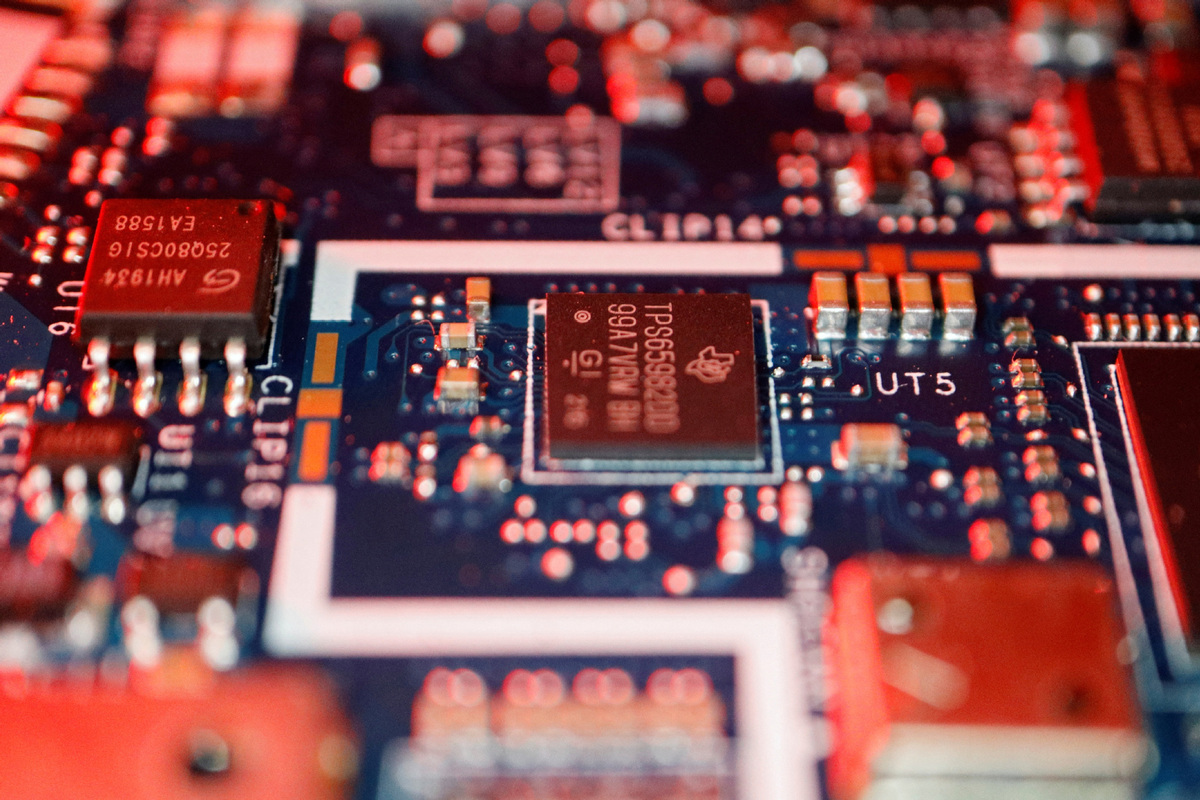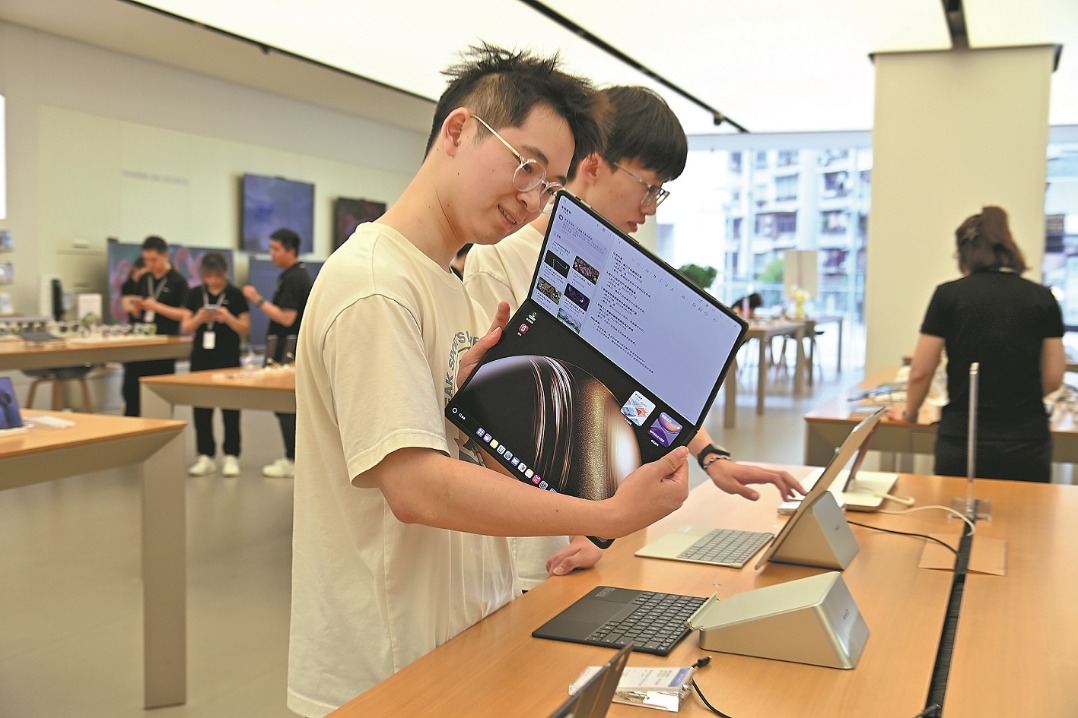Key chip firms say US export ban lifted
Siemens: 'We have resumed sales and support to Chinese customers'


Three key chip companies said on Thursday that the US had lifted export restrictions on chip design software for China and that they have resumed or are in the process of resuming sales and support to Chinese customers.
Siemens AG said in a statement that it has been informed by the United States Department of Commerce's Bureau of Industry and Security that export control restrictions on electronic design automation, or EDA, software and technology to Chinese customers have been lifted.
The restrictions, outlined in a letter sent by the US government to the German tech giant on May 23, are no longer in effect, the company said in a statement.
As a result, "We have resumed sales and support to Chinese customers," Siemens said.
US-based firms Synopsys and Cadence Design Systems also said in separate statements that the US had lifted export restrictions on EDA for China, and that they were working to restore access to the recently restricted products in China.
Dubbed the cradle of integrated circuits, EDA software enables the design of billions of transistors on modern chips. It is essential for designing, verifying and testing integrated circuits, forming the backbone of modern chip creation.
Xiang Ligang, director-general of the Zhongguancun Modern Information Consumer Application Industry Technology Alliance, a telecom industry association, said the move showed that Washington wants to ease trade frictions with Beijing.
"Previous US restrictions have ironically catalyzed China's progress in chips. The US government knows that the two nations are highly complementary to each other in the semiconductor sector," Xiang said.
As the world's largest semiconductor market, China is of great appeal to international companies, he added.
Meanwhile, Chinese chip design software companies are also making progress. Empyrean Technology Co, a chip unit of China Electronics Corp, is also a major Chinese player in the development of EDA tools. It has also gradually emerged over the years as a leading enterprise with a complete product line and strong, comprehensive technical strength in EDA for the entire semiconductor industry chain.
Shanghai UniVista Industrial Software Group is also a key player. UniVista said it already has over 200 clients — including most major Chinese high-end chip designers — and its tools have undergone rigorous refinement through real-world applications, backed by what it describes as a "highly capable" technical support team.
On Thursday, the Ministry of Commerce said China will take countermeasures to safeguard its interests and firmly opposes any attempt to reach a trade deal that harms the nation's well-being.
He Yongqian, a spokeswoman for the ministry, made the remarks at a news conference, responding to questions about a new trade deal the United States reached with Vietnam.
Under the trade agreement between the US and Vietnam, the US will impose a 20 percent tariff on Vietnamese exports to the US, and a 40 percent tariff on goods transshipped through Vietnam.
The ministry said that China has taken note of the trade deal and is conducting an assessment.
"China is pleased to see any parties resolve their trade differences with the US through equal consultations, but China firmly opposes any attempt to reach a deal at the expense of China's interests," said He.
Contact the writers at [email protected]




































